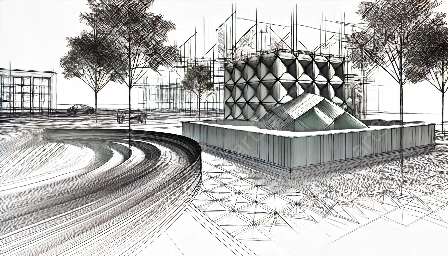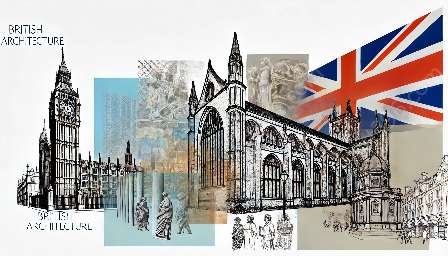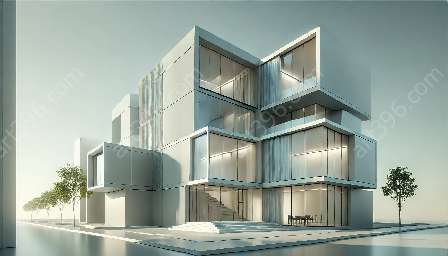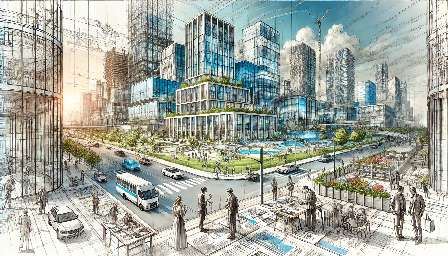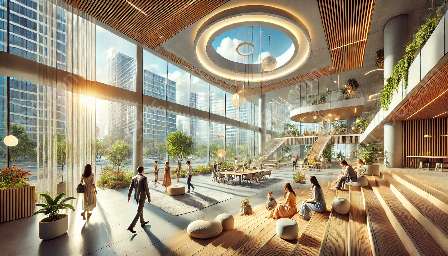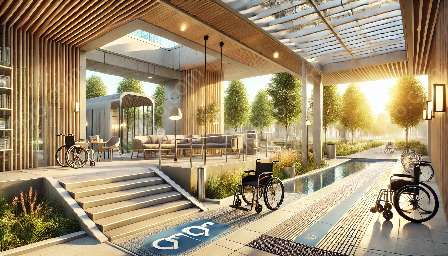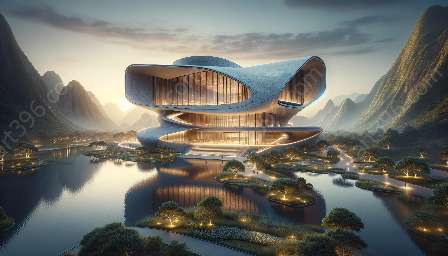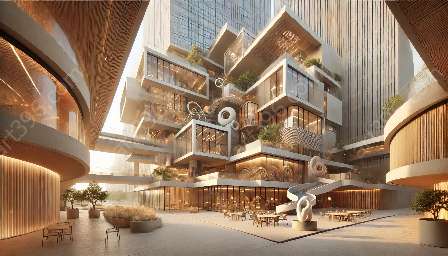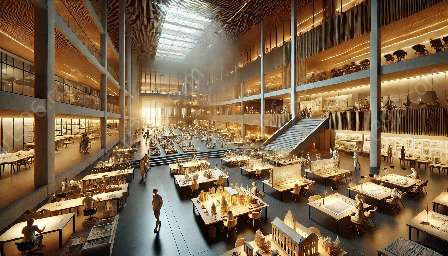Performance-Based Building Assessment for Climate Adaptation
Performance-Based Building Assessment (PBBA) is a comprehensive approach to evaluating, designing, and constructing buildings that are resilient to climate change impacts. In the context of climate adaptation, PBBA focuses on assessing the performance of buildings in mitigating environmental impacts and enhancing occupant comfort, safety, and well-being in a changing climate.
Climate Responsive Architecture and PBBA
Climate responsive architecture is based on the principle of designing buildings that are adapted to the local climate and environmental conditions. PBBA aligns with this approach by providing a framework for evaluating and improving the performance of buildings in response to climate change. Through PBBA, architects can assess the thermal, daylighting, ventilation, and moisture management performance of buildings and implement design strategies that optimize their response to climate conditions.
Benefits of PBBA for Climate Responsive Architecture
- Enhanced comfort and well-being for building occupants by optimizing indoor environmental quality.
- Improved energy efficiency and reduced environmental impact through proactive design and construction strategies.
- Higher resilience to extreme weather events such as floods, storms, and heatwaves.
- Long-term cost savings and increased property value due to improved building performance and functionality.
Integrating PBBA into Architectural Practice
Architects and building designers can integrate PBBA into their practice by leveraging advanced modeling and simulation tools to evaluate building performance under different climate scenarios. By incorporating climate data and predictive modeling, architects can optimize the design of buildings for future climate conditions, ensuring that they remain functional and efficient over their lifespan.
Emerging Trends in PBBA and Climate Adaptation
As the challenges of climate change continue to evolve, new trends are shaping the field of PBBA and climate adaptation in architecture. These include:
- Utilization of resilient and sustainable materials that can withstand extreme climate conditions.
- Integration of nature-based solutions such as green roofs and natural ventilation systems to enhance building resilience.
- Adoption of passive design strategies that maximize the use of natural resources and minimize reliance on mechanical systems.
Conclusion
Performance-Based Building Assessment offers a holistic approach to addressing the challenges of climate adaptation in architecture. By integrating PBBA with climate responsive architecture principles, architects can design buildings that are not only sustainable and energy-efficient but also resilient to the impacts of a changing climate.
For more information on this topic, please explore our website resources and publications.








